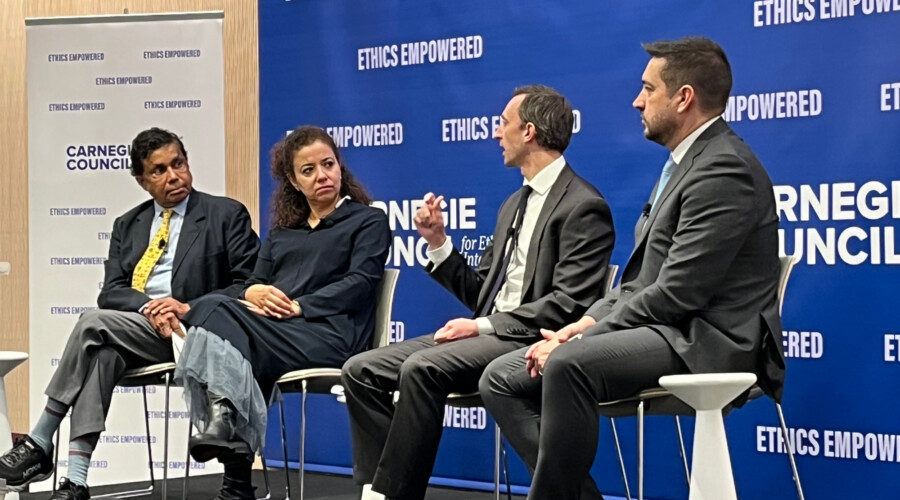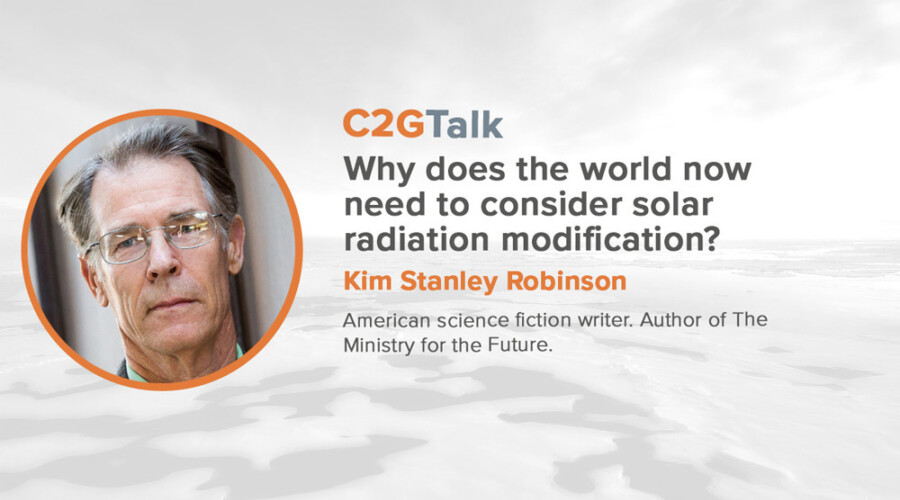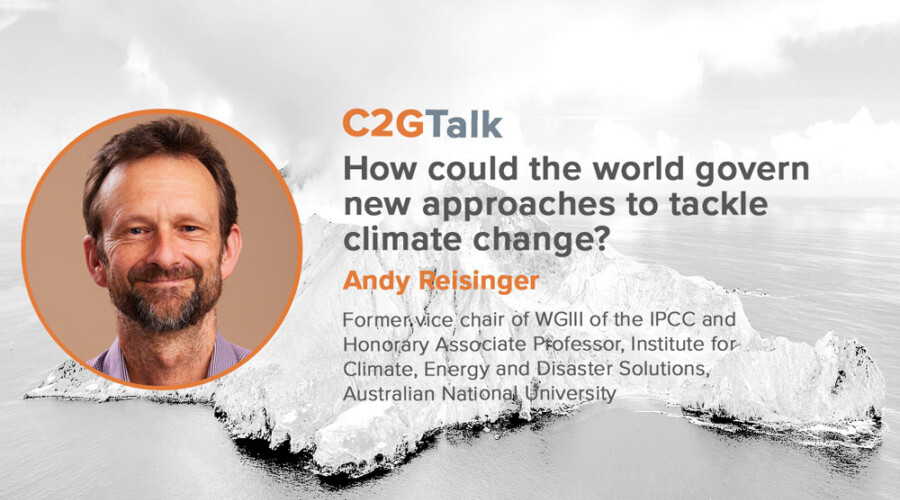Annabelle Dunbar, age 22, is a senior set to graduate in May 2016 with her BS from the University of Central Florida in Environmental Studies. She has always had a love for the environment and wildlife, and has known since a child that she would use that passion to make positive change in the world. She is an advocate for environmental protection and conservation, animal rights, and global equality.
ESSAY TOPIC: Sustainable Development Goal #13. Take urgent action to combat climate change and its impacts. Propose specific measures for your country (or region or city) to reach the goal’s objectives in the next 15 years.
Climate change has become a growing concern. There have been and will continue to be disastrous effects due to the warming of and changes to our planet. The loss of biodiversity, increase of species extinction, the rise of sea-levels, widespread crop failures, and the intensification of storms are examples of very significant threats to the quality of life on Earth due to climate. Most scientists agree that this drastic change in our Earth's atmosphere is due to anthropogenic forces. The Intergovernmental Panel on Climate Change (IPCC) states that "human activities have become a dominant force, and are responsible for most of the warming observed over the past 50 years." To tackle the climate problem, we must each be informed and address what the top contributing factors to the changing climate are and how they can most efficiently be combated. I will be advocating for the United States and its citizens to begin a transition towards more ecologically and economically sustainable ways of living by turning to alternative sources of energy, implementing more viable innovations, and altering certain lifestyles.
Politics play an important role in the battle against climate change because governments hold the power to adjust our current environmental guidelines and standards. The government must also be involved due to "the tragedy of the commons"—that is, because individuals as well as corporations tend to overuse common resources for personal gain without thinking of the consequences or negative externalities, such as the release of greenhouse gases. Barack Obama's recent carbon cut has been a huge step in environmental regulation for the United States, one of the leading contributors of global emissions. Not only is it possible to implement other similar policies that move in this direction, but it is also necessary (for future generations and our planet). Many nations have already addressed the importance of fighting climate change and have begun to successfully reduce their effects through initiations like carbon taxing.
Carbon dioxide (also known as carbon or CO2) is the most common greenhouse gas. In the footsteps of other nations, I propose that the United States should transition to more energy efficient technologies through carbon (or greenhouse gas in general) taxes, profit taxes, and research subsidies. I recommend an Environmental Fiscal Reform (EFR) that would recycle the revenue created from carbon taxes placed on 'dirty' inputs to fund and introduce subsidies to alternative ‘clean’ environmental technologies and to support alternative energy innovations. For example, the United States could use the funds from a carbon tax to subsidize solar panels and give tax breaks to those who install them on their homes or businesses, which many European nations have done. As Thomas Friedman states in his book The Hot, Flat, and Crowded, "clean energy is power... It is economic, political, innovative, and reputational power. The ability to design, build, and export green technologies for producing clean electrons, clean water, clean air, and healthy and abundant food is going to be the currency of power in the Energy-Climate Era."
Another commonly known contributor to the climate problem is the transportation industry. It is in the best interest of our country and our transportation vector to increase investments in public transportation and to research more sustainable energy sources. Many other nations realize the necessity of cleaner sources and have surpassed the United States in innovation and implementation. We must continue to increase the average fuel economy per gallon, use taxes to research alternatives and to supply better public transportations within cities, and remove fossil fuel subsidies while promoting cleaner vehicles, carpooling, and biking.
Implementing cleaner energy and changing our transportation system are both necessary steps in eliminating the dirty habits and transitioning towards a future that does not depend upon the emissions of carbon, but they do not address possibly the greatest contributing forces to climate change. A newly controversial topic is the focus on the effects from our production of agriculture on the planet. Food production pollutes our waterways and adds to the climate problem through the use of pesticides and the byproducts of livestock. We need to implement a stricter regulation of the usage of pesticides, remove the subsidies on these "nonorganic" vegetables, and promote organic farming. Organic and local farming tends to reduce the stresses on the environment and promotes biodiversity. These are important aspects to a healthy ecosystem.
The majority of the agricultural yields that are subsidized are grains produced to feed livestock. Livestock production is the largest emitter of carbon dioxide as well as methane and nitrous oxide, which are both more potent greenhouse gases than CO2. A recent documentary called Cowspiracy demonstrates that livestock and their byproducts account for 51 percent of all greenhouse gas emissions through the release of carbon dioxide alone. If we want to efficiently address the issue of climate change, we must adjust our consumption of meat. The best way to do this would be to make individuals pay for the actual costs of our food production on the environment. Inversely similar to taxing the negative or 'dirty' inputs of energy sources, we need to remove the subsidies on water and grain production for cattle feed, and the subsidies on meat itself. For example (according to various statistics from peer-reviewed journals), one pound of beef requires a minimum of 2,500 gallons of water while one pound of potatoes only requires around 30 gallons.
The destruction of rainforests, another contributor to CO2 emissions and the climate problem, is often due to the need for more land to graze livestock to keep up with the growing appetites of many Americans. Deforestation releases excess carbon storage from trees and decreases the flow of water vapor; both directly alter natural weather patterns and climate models. There needs to be legislation in place that limits the United States corporations from destroying tropical rainforests for mere profit to raise cattle, which are then imported back into the United States. Another large contributor to deforestation is illegal logging. There needs to be more concern and help given for developing nations deforestation reduction efforts and the United States government must limit loopholes by having harsher penalties to American corporations that continue to purchase illegally sourced woods.
One of the most important dynamics that is often overlooked is how each individual can have an effect on climate change. Politics and the government are selected "by the people, for the people" and economics are influenced by the current supply and demand of society. To truly combat climate change, we need the general public to hold the conviction and have the motivation to force our government and our peers to view this issue as a topic that needs urgent addressing. An example that shows that we have the ability as a nation, even as a global community, to implement dramatic changes for the betterment of our planet is the quickly-introduced regulations and phasing-out of Chlorofluorocarbons (CFCs) in the 1970s. The inspiration of Rachel Carson's publication, Silent Spring, is an example that shows how we as individuals have come together as a nation to create sudden changes in our current practices, as in this case of the discontinued use of DDT. Often times many of us feel that we cannot make a difference, but every purchase, every choice, and every daily practice we makes has a direct and indirect impact on the environment. We can learn to reduce our consumption of meat, reduce our carbon footprints, and create ways to encourage others to do so as well.



